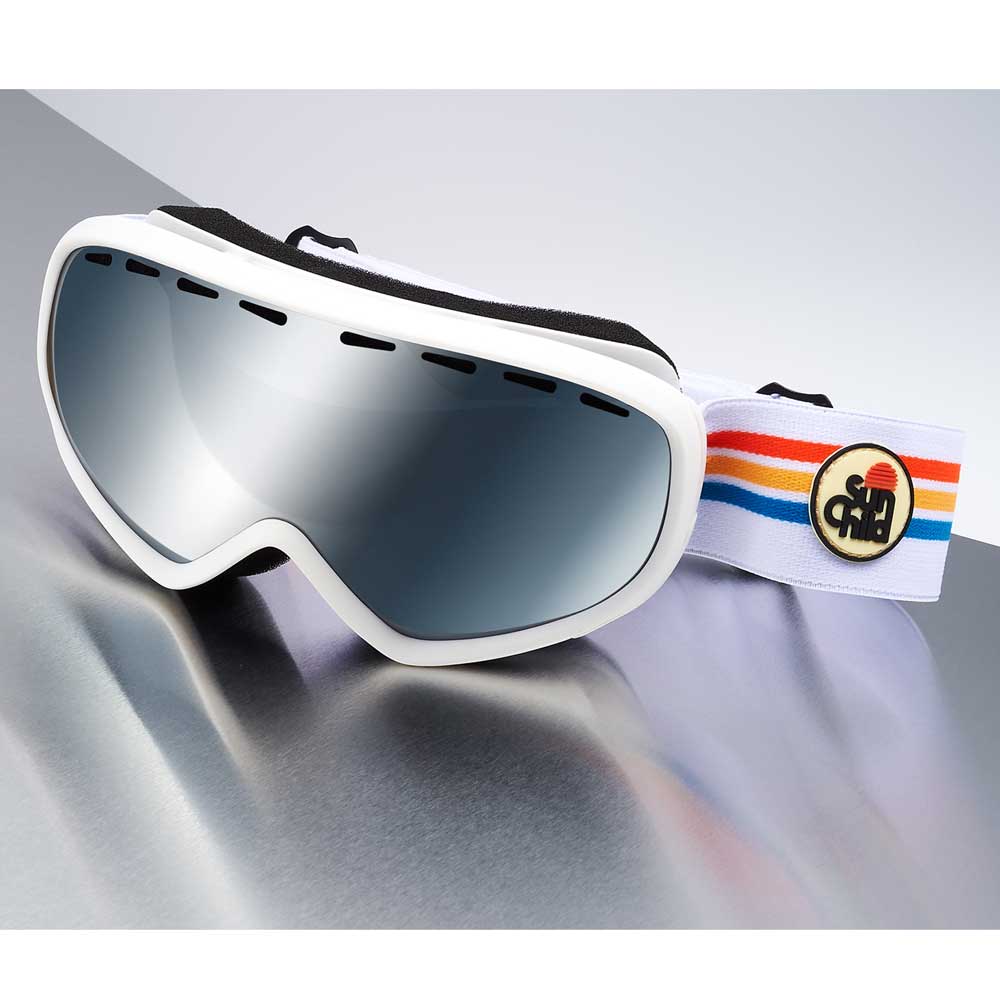Faced with the global coronavirus epidemic, several doctors and scientists are wondering if our eyes are involved in the spread of this disease. Indeed, a Chinese doctor reported having contracted the disease because he was treating sick patients without eye protection. In addition, the WHO recommends avoiding touching the mouth, nose and eyes because the virus reaches us through the mucous membranes .
The coronavirus-covid-19 quickly explained:
Since January we have all heard about this virus that appeared on Chinese markets at the end of December 2019 called COVID-19. Coronaviruses are common viruses that can affect both animals and humans. COVID-19 can go unnoticed in some people, lead to various mild ailments such as a simple cold or much more serious ones such as pneumonia or kidney failure and in some cases the virus is fatal.

What is the link between COVID-19 and your eyes?
People affected by the virus may have eye symptoms . The main signs are red and watery eyes ; it is a conjunctivitis an inflammation of the conjunctiva. It is the membrane that covers and protects your eyeball. As with the flu, you may have watery eyes and purulent secretions, it may be viral conjunctivitis.
Attention :
In this season with the arrival of spring and pollen, many of us are subject to allergic conjunctivitis .
What are the symptoms associated with COVID-19?
Symptoms of COVID-19 are diverse. In general, they include more or less severe respiratory discomfort and possibly accompanied by fever, cough, runny nose, burning eyes with some secretions, headaches... Some people also lose their sense of smell and taste momentarily.
Fortunately, in the majority of cases, the symptoms developed are mild, but in the elderly, tired, with a weakened immune system, these can be serious. In these cases, complications are more common, such as pneumonia, and can be fatal.
.The first symptoms appear up to 14 days after exposure to the virus, which is why it is important to respect confinement.
How not to touch your eyes?
A simple and effective solution is to wear glasses ! Especially in this season full of pollen!
To go out, don't forget your glasses; you don't wear one? Opt for anti-blue light glasses that will not only protect your eyes from UV, outside, and light from screens, but will also be a valuable barrier against dust, fine pollen particles... They will also be a barrier mechanical: by their mere presence you will think that you should not touch your eyes! For the beautiful sunny days you can of course choose well-covering sunglasses or why not solar protection glasses or white glasses without correction.
Avoid wearing contact lenses which tend to dry out your eye and cause itching.


